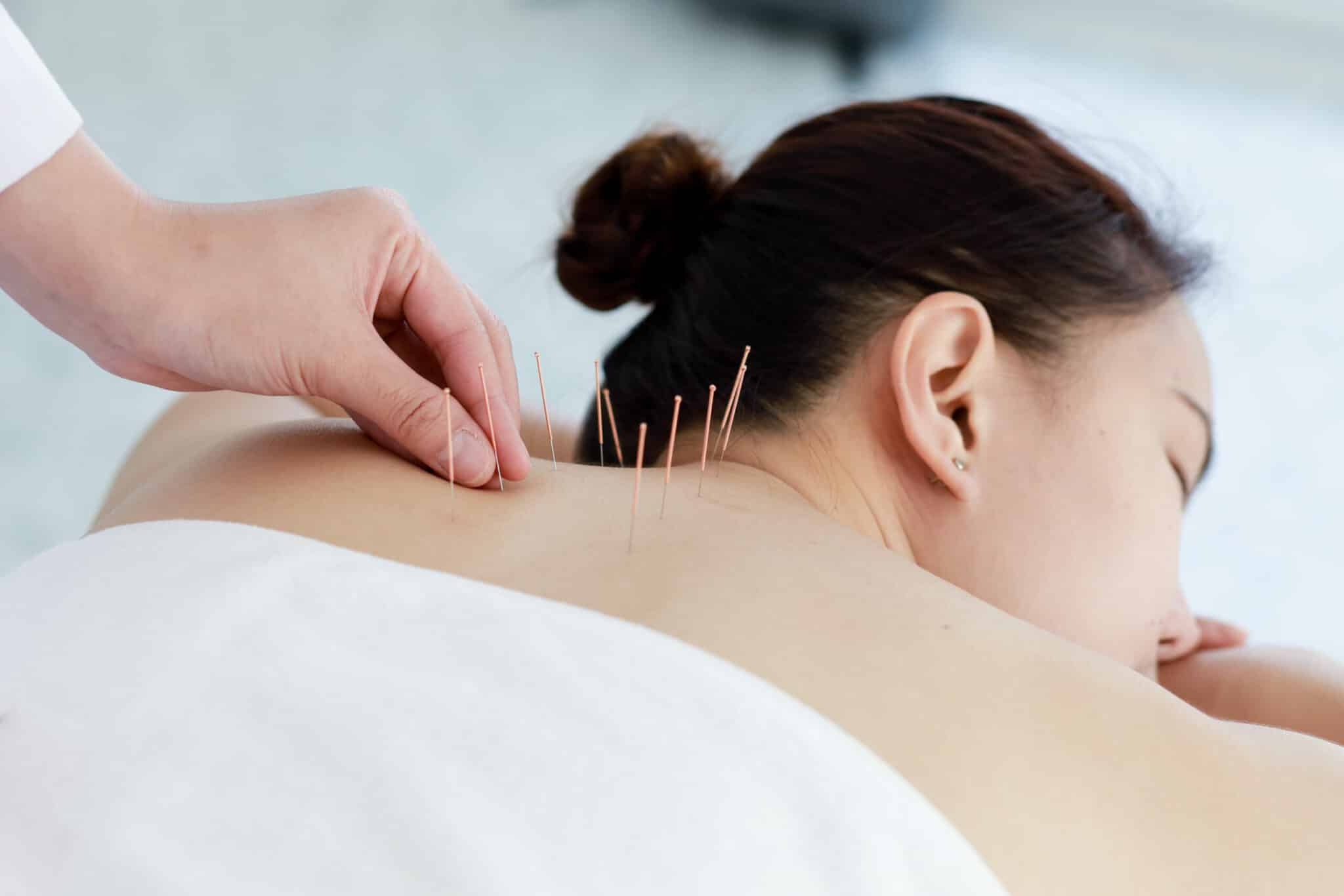Acupuncture is a form of traditional Chinese medicine that involves inserting fine needles into specific points on the skin to relieve pain and treat various physical, mental and emotional conditions. It is based on the idea that the insertion of needles can balance the flow of energy (known as Qi) through pathways (known as meridians) in the body, restoring health and wellness.
Although its efficacy is still the subject of scientific debate, acupuncture has been used for thousands of years and is widely practiced today as a complementary or alternative therapy.
How does acupuncture work?
The exact mechanism by which acupuncture works is still not fully understood. According to traditional Chinese medicine, acupuncture works by balancing the flow of energy, or Qi, through pathways in the body known as meridians. Inserting needles into specific points along these meridians is believed to stimulate the body’s natural healing response and restore balance to the body’s energy systems.
Modern scientific explanations for the effects of acupuncture focus on its impact on the nervous system and the release of certain chemicals in the body. For example, stimulation of acupuncture points may trigger the release of endorphins, the body’s natural pain-relieving chemicals. Additionally, stimulation of the needles may also activate certain nerve fibers that transmit pain signals to the brain, blocking or reducing the perception of pain.
Who typically performs acupuncture?
Acupuncture is typically performed by licensed acupuncturists who have undergone specialized training in the field of traditional Chinese medicine and acupuncture. In most countries, acupuncturists must meet certain educational and practical requirements, pass exams and obtain certification in order to practice legally.
Some healthcare providers, such as medical doctors or chiropractors, may also receive additional training and perform acupuncture as part of their practice. It’s important to check the credentials of an acupuncturist before undergoing treatment.
Does acupuncture hurt?
Some people describe the sensation as a slight prick or tingling sensation, while others report feeling no pain at all.
Acupuncture involves the insertion of fine needles into specific points on the body. The level of discomfort experienced during acupuncture can vary depending on the individual, the location of the needles, and the number of needles used.
Is acupuncture effective?
According to the World Health Organization (WHO), acupuncture has been shown to be effective in the treatment of conditions such as low back pain, headaches, menstrual cramps, and nausea.
With respect to spine pain, acupuncture has been shown to be effective for the use in chronic low back pain in several studies. As a result, the North American Spine Society (NASS) recommends the addition of acupuncture to usual care for short-term improvement of pain and function compared to usual care alone.
However, more research is needed to establish the overall efficacy of acupuncture for other conditions, as some studies suggest it may be effective for certain conditions while others do not support its use.
How long does it take for acupuncture to start working?
Some people may experience relief from symptoms immediately following their first acupuncture session, while others may need several treatments before they notice a significant improvement.
The number of treatments needed can vary depending on the individual and the condition being treated, but many people notice significant improvement after 3 to 6 treatments.
Risks of acupuncture
Acupuncture is generally considered safe when performed by a qualified and licensed practitioner using sterile needles. However, as with any medical procedure, there are some risks associated with acupuncture. Some common side effects of acupuncture include:
- Pain or discomfort at the needle site
- Bruising or bleeding
- Infection from non-sterile needles
- Fainting or dizziness
It’s important to note that these risks are rare and can be minimized by choosing a qualified and licensed practitioner and ensuring that needles are used in a safe and appropriate manner.
